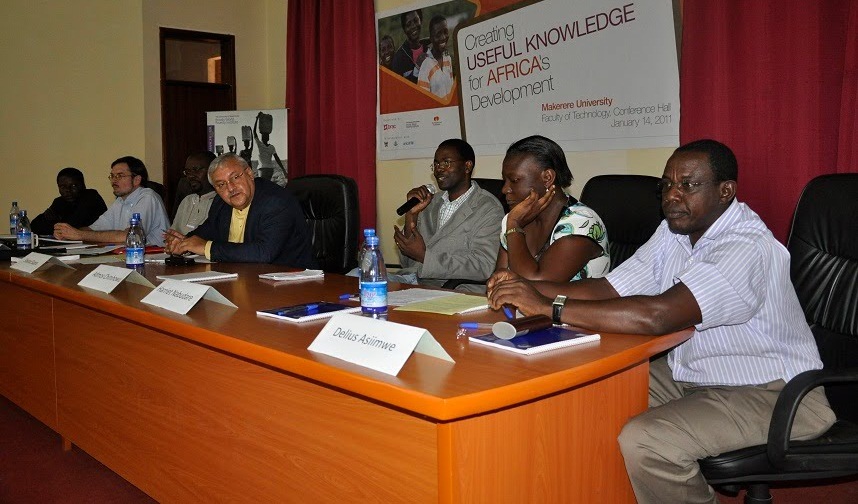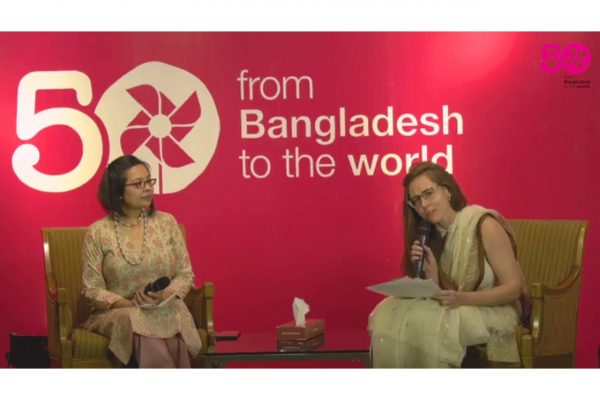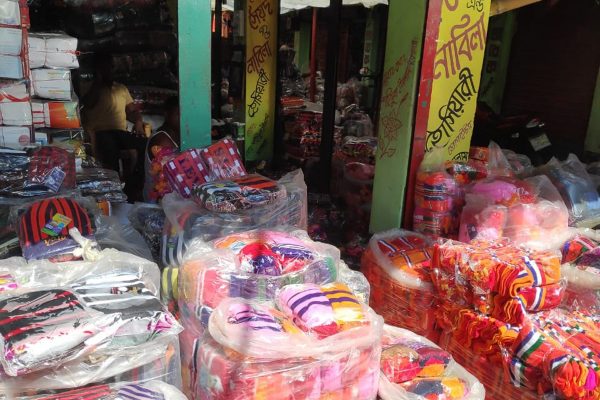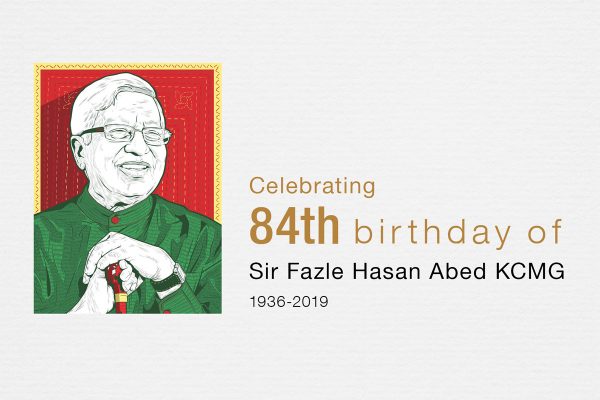Building a Knowledge Community in Africa
Reading Time: 2 minutes
BRAC began working in Africa in 2006 with the goal of accelerating solutions for poverty reduction and empowerment in the poorest and toughest parts of the continent. While BRAC’s focus has been on implementing programmes and building solid local institutions, we also view ourselves as a knowledge organization – helping to create and disseminate lessons and knowledge that would inform Africa’s development.
The Conference highlighted that in order to make policies and programmes for poverty reduction effective, there is a need for high quality and rigorous evidence-based research that takes account of the country and community context. It also emphasised that the process of knowledge creation is not enough: findings and their implications have to be appropriately communicated to policymakers and the public for their impact to be maximised. Participants emphasized that whilst development challenges remain, maximising and sharing important knowledge on development and poverty reduction will help to ensure that opportunities for growth, development and poverty reduction in Africa are realized. These opportunities include the rapid expansion of information technologies, the potential of engaging with diaspora communities, and the emergence of new partners, including some from the global south. Another important agenda is ensuring that research continues in countries experiencing crisis and conflict.
Umbareen Kuddus, Manager – Knowledge & Communications, BRAC Uganda






